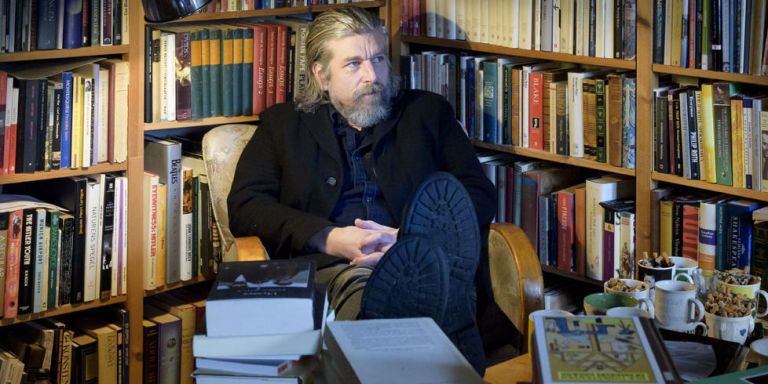
This is ostensibly a critical analysis of the work of Edvard Munch by Karl Ove Knausgard. The bulk of the novel though are the various interactions, desires, relationships, friendships, events, conquests, conflicts, and other small moments we find in a life narrated by the person at the center of the consciousness exploring them. There’s a kind of resentment in this moment, but there’s also a kind of resigned indifference, as to emphasize or illustrate how little impact something like that name has on her experience. I don’t think she names her country, but does reference the name as a kind of throwaway nominative given by a passing exploring (Columbus) who owed various benefactors, saints, and whims as he passed the various islands that already had names. We meet Lucy, a girl in her teens initially in a small community, presumably on Antigua. So this novel is relatively short, but moves the story into the mind (as opposed to the receiving memory of consciousness in the story). What this novel most feels like to me is a first person narrative that embodies a lot of the same events, implications, moments, relationships, and understandings contained in her short story “Girl”.

This book acts similarly (as well as a similarly to her short stories in At the Bottom of the River) as a way of fleshing out the sparse lived experiences embedded in the more transitory pieces. I’ve read a handful of Jamaica Kincaid books, and her nonfiction book A Small Place stands out as a kind of collective memoir, nonfiction history from the perspective of someone who grew up in Antigua.


 0 kommentar(er)
0 kommentar(er)
